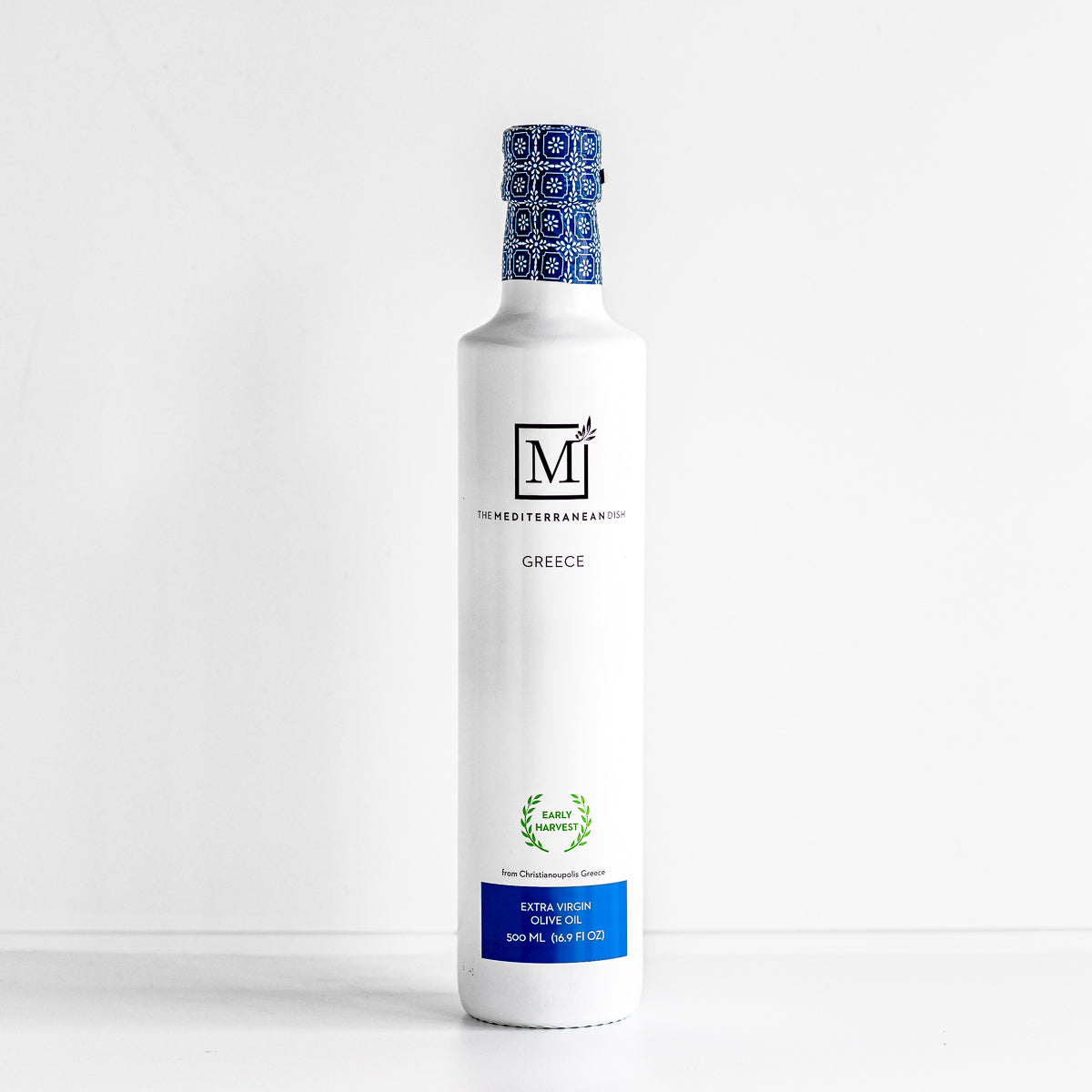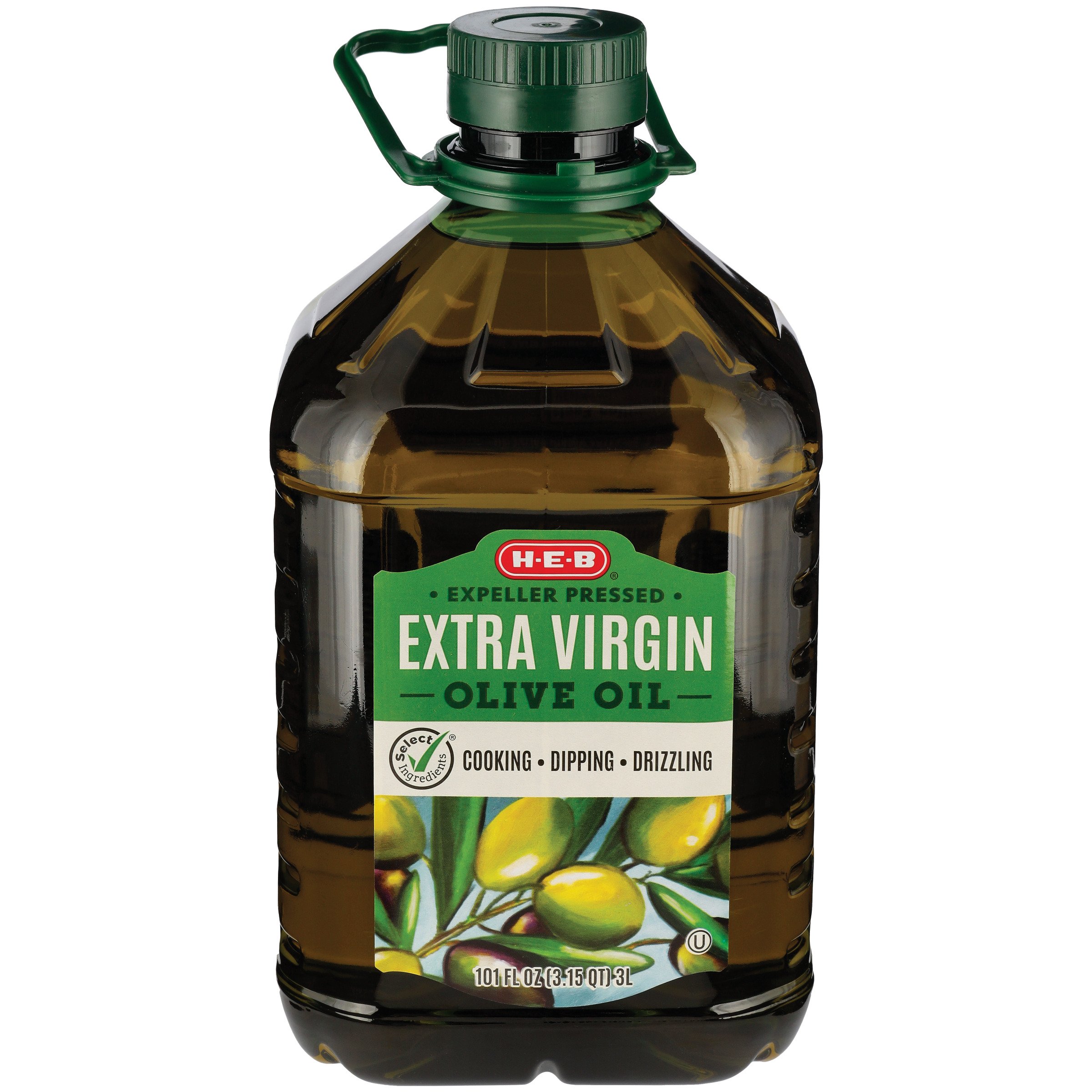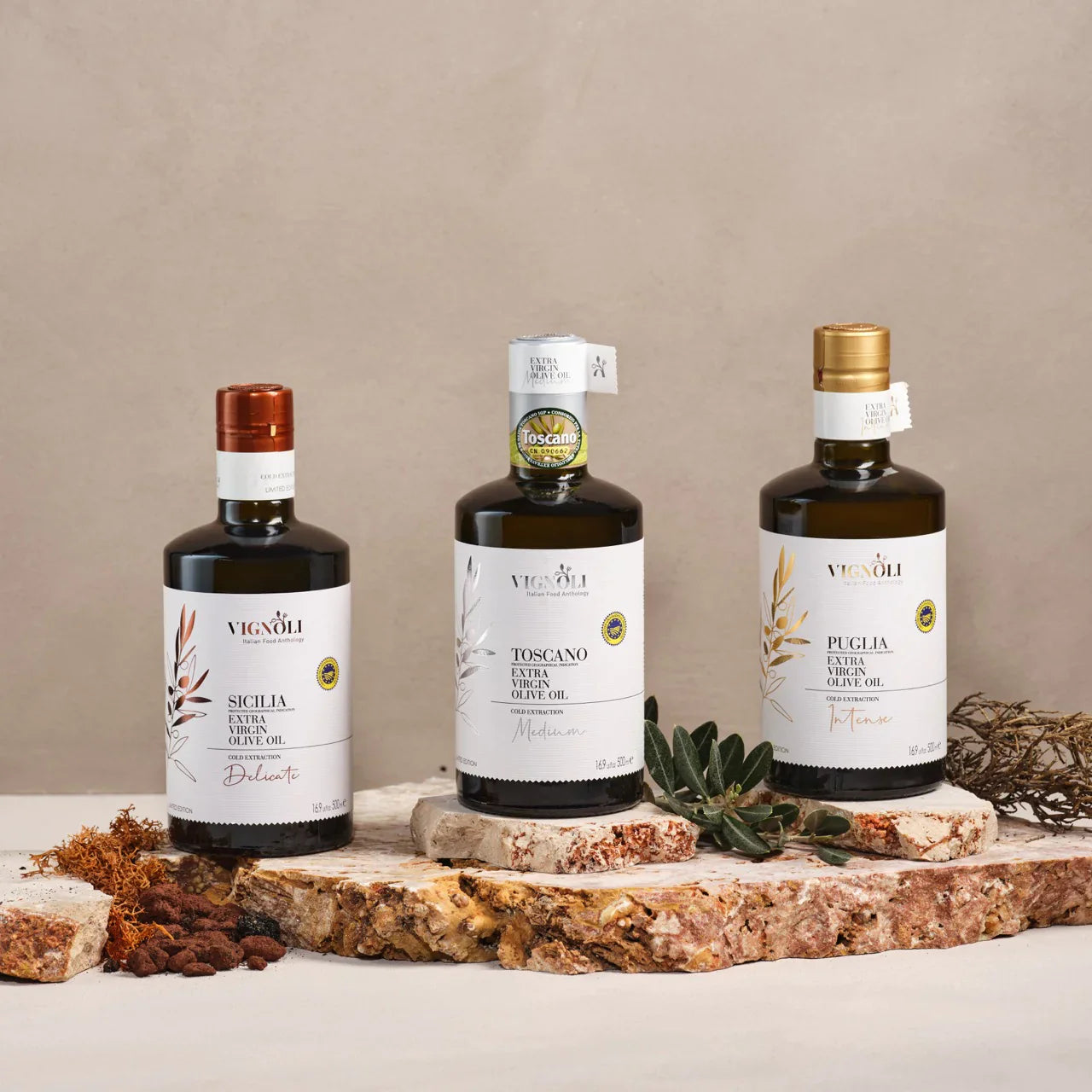Discovering the Various Kinds Of Olive Oil and Their Uses, Consisting Of Extra Virgin Olive Oil
The exploration of olive oil encompasses a diverse variety of types, each offering cooking applications and distinct flavors. Additional virgin olive oil, renowned for its exceptional quality and health advantages, offers as a staple in lots of kitchen areas, yet it is just one facet of this multifaceted component. extra virgin olive oil benefits. Various other ranges, such as pure and polished olive oils, likewise warrant interest for their one-of-a-kind residential properties and usages. Recognizing these differences can dramatically impact both food preparation strategies and taste profiles. What, then, should one consider when selecting the ideal olive oil for a specific culinary endeavor?
What Is Olive Oil?
Derived from the fruit of the olive tree, olive oil is a staple in Mediterranean cuisine and a vital component in different culinary applications. This flexible oil is created by pressing whole olives, resulting in a fluid that varies in shade, flavor, and scent depending on the sort of olives utilized, the region of farming, and the removal procedure. Olive oil is primarily made up of monounsaturated fats, especially oleic acid, which is known for its prospective health and wellness advantages, including anti-inflammatory residential properties and cardiovascular support.
Along with its cooking uses, olive oil has a lengthy background of application in conventional medication and skin care, owing to its rich antioxidant web content (extra virgin olive oil benefits). The oil is frequently made use of in dressings, sauces, and for cooking techniques such as sautéing and roasting. Its unique taste profile can boost the preference of numerous dishes, making it an essential active ingredient for both home chefs and professional cooks
Furthermore, olive oil is commemorated for its duty in the Mediterranean diet plan, which is linked with numerous wellness advantages. As understanding of these advantages expands, olive oil remains to acquire popularity worldwide as an essential component of a healthy lifestyle.
Kinds Of Olive Oil
Understanding the different kinds of olive oil is essential for both culinary lovers and health-conscious customers. Olive oil is classified mainly based on its removal technique and quality, which significantly impacts its taste, fragrance, and health advantages.

Light olive oil, despite its name, describes a lighter taste and not lower calories. It is ideal for those looking for a much more refined preference in marinades and dressings. Furthermore, there are flavored olive oils instilled with natural herbs, flavors, or citrus, which can improve recipes without the need for extra flavoring.
Each sort of olive oil offers particular culinary purposes, and understanding these differences enables consumers to make educated selections that align with their cooking styles and health and wellness goals.
Extra Virgin Olive Oil
Additional virgin olive oil (EVOO) is commonly considered the best quality olive oil offered, popular for its rich flavor and various wellness benefits. To be classified as additional virgin, the oil must be produced from fresh olives utilizing mechanical processes, without the use of solvents or too this much warmth. This thorough approach maintains the oil's natural flavors, antioxidants, and healthy and balanced fats, resulting in an item with a reduced acidity degree of less than 0.8%.
EVOO is abundant in monounsaturated fats, particularly oleic acid, which is linked to reduced inflammation and boosted heart health and wellness. It likewise contains polyphenols, powerful antioxidants that may provide safety impacts against chronic diseases. The flavor account of EVOO can differ dramatically depending upon the olive variety and region of manufacturing, varying from fruity and grassy to robust and peppery.

Culinary Utilizes of Olive Oil

In cooking, olive oil can be utilized for sautéing, roasting, and grilling, providing a healthier choice to butter or other fats. Its high smoke factor makes it ideal for different cooking techniques, while its antioxidants add to a heart-healthy diet plan. Drizzling olive oil over ended up dishes, such as pasta, fish, or barbequed veggies, can boost tastes and add a touch of beauty.
Moreover, olive oil plays a significant duty in baking, where it can replace traditional fats in dishes for bread and breads, presenting moisture and a subtle taste. It likewise acts as a base for infused oils, permitting chefs to trying out tastes such as garlic, natural herbs, or chili, further increasing its cooking potential. Generally, olive oil's convenience makes it essential in both home and expert kitchens.
Deciding On Top Quality Olive Oil
When choosing high quality olive oil, it's vital to consider a number of crucial factors that affect the product's scent, flavor, and health advantages. Most importantly, go with added virgin olive oil (EVOO), which is stemmed from the very first cool pressing of olives and includes the highest levels of antioxidants and valuable compounds. Try to find oils that are licensed by recognized organizations, as this usually makes sure adherence to strict quality criteria.
The product packaging additionally plays a substantial role in preserving the oil's stability. Choose oils kept in dark glass containers or tins to protect against light destruction. Take note of the harvest day; fresher oils use premium flavor and dietary worth, so choose items that are within 18 months of their harvest.
In addition, consider the origin of the oil. High-grade olive oils commonly come from particular regions recognized for their distinctive flavor accounts, such as Italian, Spanish, or Greek oils. Be aware of the preference; an excellent top quality olive oil must have an equilibrium of fruity, bitter, and peppery notes, suggesting its splendor and intricacy. By assessing these elements, you can guarantee you are picking the ideal olive oil for click here to find out more your culinary demands.
Final Thought
In recap, the expedition of various kinds of olive oil reveals distinct attributes and applications, with extra virgin olive oil standing for the peak of quality because of its reduced acidity and high antioxidant material. Its versatility in cooking uses enhances flavors in dressings, marinades, and sprinkles. Recognizing the different ranges of olive oil enables notified options in food preparation approaches, advertising much healthier techniques while enhancing the general gastronomic experience. Quality selection stays vital for optimum benefits.
Acquired from the fruit of the olive tree, olive oil is a staple in Mediterranean cuisine and a vital component in different culinary applications.The most usual types of olive oil consist of refined olive oil, pure olive oil, and light olive oil.Extra virgin olive oil (EVOO) is extensively regarded as the greatest top quality olive oil available, read this post here renowned for its rich taste and many health and wellness advantages. Decide for added virgin olive oil (EVOO), which is obtained from the very first cold pressing of olives and consists of the highest possible levels of antioxidants and useful substances.In recap, the expedition of numerous types of olive oil exposes distinct qualities and applications, with added virgin olive oil representing the peak of top quality due to its low level of acidity and high antioxidant content.